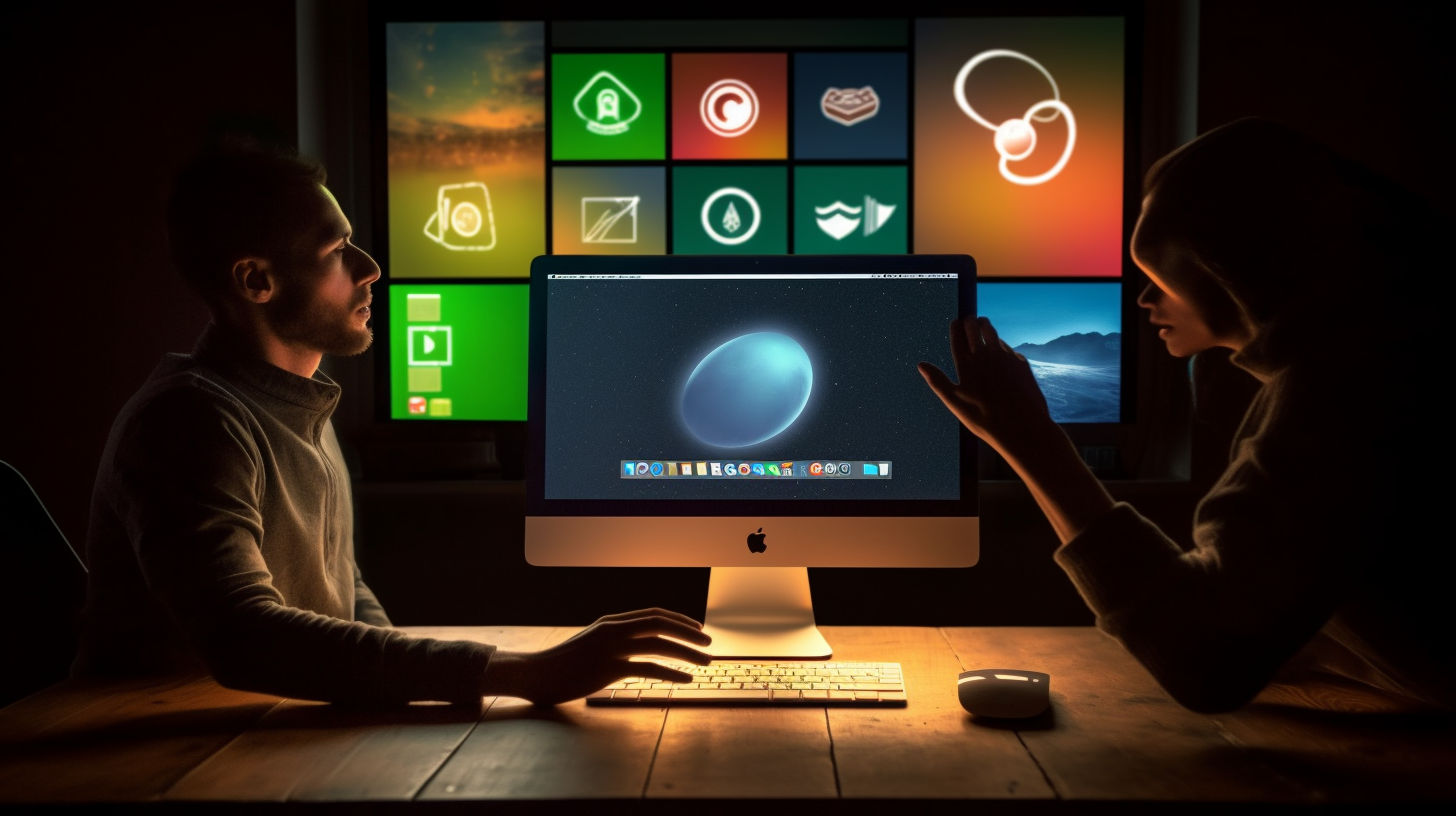Understanding the OS Types: A Hilarious Journey through the CompTIA A+ Core 2 Exam

Oh, the operating system. It's like the god of your computer, controlling every minute detail and function, but it's often left unnoticed. Can you even imagine a world without operating systems? Picture this: you, in front of a blank screen, frantically typing commands in DOS. Your fingers feel like they might crumble from exhaustion, and your brain is screaming for a graphical user interface. Suddenly, you realize how critical the Operating System (OS) truly is. Despite being the tech world's unsung hero, we often overlook the Operating System. Its importance is undeniable, although we often ignore and underappreciate it.
Alright, are we ready to get to the heart of the matter? As part of the CompTIA A+ Core 2 (220-1102) exam, it's essential to understand the difference between common OS types and their purposes. So buckle up, as we embark on this quest that changes our status from OS amateurs to OS whizzes.
Windows OS: The Ubiquitous Mainstay
When it comes to OS, first on the list is usually Microsoft Windows. Buying groceries, paying for dinner, or even adjusting the thermostat, Windows is everywhere. This OS reigns supreme on personal computers and finds wide application in multiple commercial and business contexts. The simplicity and user-friendly interface of this OS makes it a go-to choice for everyday use. Its versatility allows it to run anything from word processors to complex spreadsheet applications.
MacOS: The Creative Genius
Next comes MacOS, known for its sleek design and chic aesthetic. With its tight and seamless integration with Apple's hardware, it's like the tech-savvy hipster of OSes. Famous in creative fields for its reliability and performance in graphic design and video editing applications, MacOS has thrived in niches where creativity blooms. Oh, and can't we forget about that iconic startup chime?
Linux: The Rebel with a Cause
Then we have Linux, the rebel, the go-to for computer purists looking for freedom from proprietary software. It's a wild west of an OS, loved by many, feared by some, understood by few. Users can customize nearly everything about it. When you use it, you're like opening a box of LEGO - the choice to follow the instructions or let your imagination soar is yours. Its open-source nature allows a host of tech-enthusiasts and professionals to refine and improve it constantly.
The Mobile Powerhouses: Android and iOS
We must remember the modern powerhouses, Android and iOS. These are the powerhouses of mobile devices, and honestly, understand where the action is really at. Android, the open-source darling of the mobile world, boasts a broad reach across many manufacturers. iOS, the literal apple of Apple's eye, trades broad compatibility for a more closed, polished system. While Android is the wild, innovative explorer, iOS remains the steady, smooth operator, setting the standard in mobile software.
Now, I know what you're thinking, "Operating systems can't possibly be comedic!" Well, allow me, my friend, to acquaint you with the notorious Windows Vista. Good old Vista, notoriously known as everyone's favorite whipping boy, mine included. It mirrors that one friend we all possess - incredibly well-intentioned, yet a constant source of mishaps. Each update was a roll of the dice, would it help or...make things worse (Shudder)?
All jokes aside, each OS has its strengths, weaknesses, and unique flair; just like us humans. They exist to make our computing experience easier and more enjoyable. Love them or hate them, these OS types have become a critical part of our digital lives.
So folks, that's the rundown! Taking you through a fun and informative exploration of diverse operating systems, an aspect I guarantee you is vital for the CompTIA A+ Core 2 (220-1102) exam. But remember, as you continue on your path of IT enlightenment, AlphaPrep is always there to be your guiding star. Offering study materials, practice exams, and everything in between, it's the perfect tool to help you become the IT professional the world needs. And so, until next time, may your CPU run cool, your code bug-free, and your operating system ever reliable!